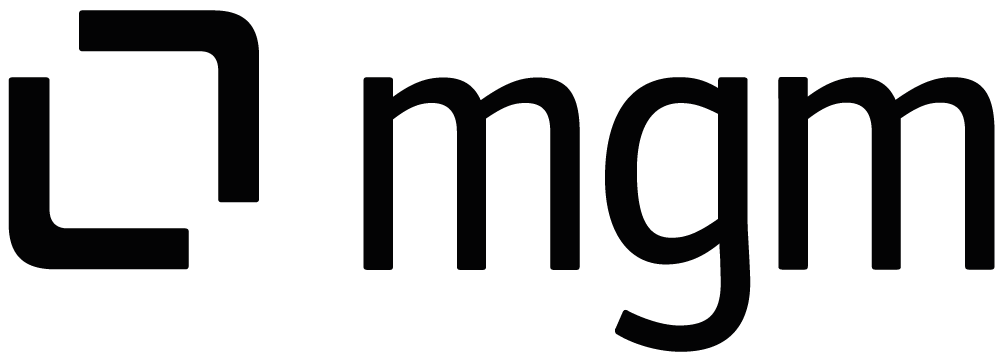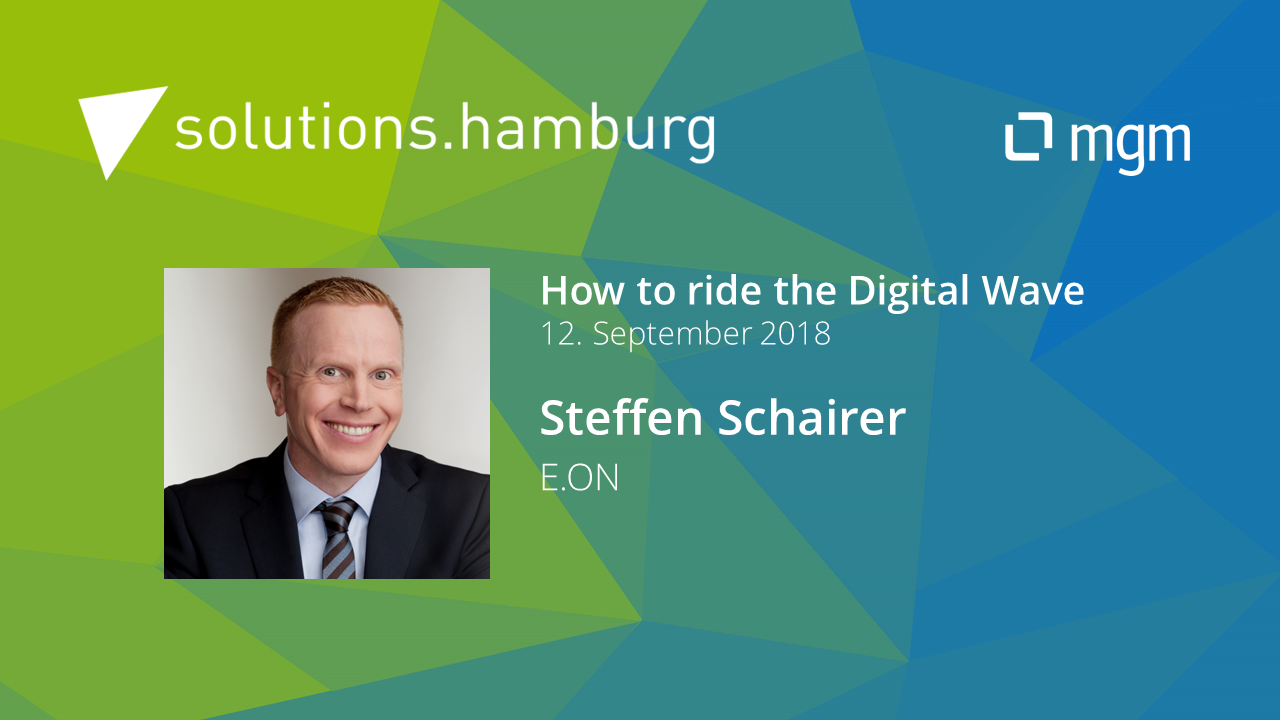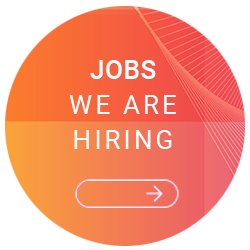Like many other companies, E.ON is facing a growing demand for digital solutions. At the same time, the customer expects ever greater flexibility and responsiveness. How to manage this wave of digital initiatives to achieve the greatest possible impact? At the Solutions.Hamburg Steffen Schairer, Head of Solutions, Business IT Digital bei E.ON, provides a fascinating insight into the new world of energy.
mgm: Could you please briefly introduce yourself and your company?
Steffen Schairer: Thank you very much for the opportunity to speak at the Solutions in Hamburg this year. I guess I don’t have to say very much about E.ON. We are one of the leading providers of power and gas in Europe. Our vision is to create the future of energy. About myself: My name is Steffen Schairer. I’ve been working in IT, in business related topics, for the past 15 years. What drives me is a passion for the topic and, especially, the business experience. For the first ten years of my career I was in the United States working for a software company implementing ERP solutions. The focus there was on providing product configuration on a large scale, so we’ve been able to deliver customized products to a lot of people. Since 2013 I’ve been working in corporate IT, first in retail industry and most recently in the MedTech industry, focusing on customer solutions development and driving agile and digital transformations. At E.ON I’m responsible for solutions development in the technology and digital unit.
mgm: How will the new technologies change the energy world of tomorrow? For the private consumer, for business customers and for the energy infrastructure?
Steffen Schairer: As in many other industries, I believe that ecosystems will be the driving force. Along with them the platform economies will play a major role in the process. With ecosystems, I mean that several industries will bridge together and build an ecosystem rather than the industries that we see today as being the focal point in going forward. A good example is SmartHome energy, consumer electronics and all the other elements that are coming together. To my mind, it’s really important to look at an entire ecosystem rather than at individuals.
I see too much focus on technology rather than on the customer experience and customer value.
Beyond that, I see too much focus on technology rather than on the customer experience and customer value that we’re providing. I’m absolutely convinced that only through each of the individual products and solutions we’re providing and the value that we’re providing will digital solutions actually be sustainable. And from that to derive value for the customer and ultimately for our shareholders. Two important aspects to my mind are that value creation and value capture need to be considered in order to derive new business models, which is relevant for all of the customer segments mentioned earlier. This will drive the customer experience and operational excellence.
mgm: Is one of your business areas (renewable energies, energy networks, customer solutions) undergoing particularly strong change due to the digital transformation? Which one is least affected?
Steffen Schairer: I see that all aspects of our business bring along opportunities in the same fashion, maybe in different dimensions. If we look at the customer, if we take the customer’s view, the ecosystems will be the driving force. So whether we look at the B2C customers, B2B customers or the networks – bringing those things together the SmartHome can be a good example because all three areas are touched and even renewables play a major role there. So I strongly believe from a solutions point of view platforms and the customer experience that have simple processes and focus on ease of use will be a big success factor for digitization projects.
mgm: You have established a “Digital Delivery Network”. What is the particular goal of this platform and what are your experiences so far?
Steffen Schairer: With the Digital Delivery Network we fundamentally want to bring to life the opportunities that arise through digitization – for our customers and of course for E.ON as a business and our shareholders. We strongly take into consideration product thinking and lean product development approaches and bring them together with scalability and, most importantly, partner models that really help us to scale and support more initiatives. So far, we have had a great experience and have been able to support most of the strategic initiatives.
One of the things we have learned so far is that beyond scaling through partners we also need to scale through technology in order to focus and intensify our work on the white spots or the innovative aspects, bringing along more USPs on the front end.
mgm: To what extent will reusable software products replace “greenfield” developments in the future? Are there areas where this is not possible?
Steffen Schairer: In my 15 years of experience, I have of course seen product development in software products that’s being brought to many customers as the scalable product approach – and beyond that also seen greenfield solutions. But what we have learned from the Digital Delivery Network is really that we need to scale on a technological level that is absolutely in sync with our lean product development approach and our product thinking. Which in a way brings both of these worlds together because we can scale on the digital component level for the customer solutions and bring along abilities to configure in scale with these components. That enables us to further develop into areas of the new technologies like artificial intelligence and data science and so forth to drive the innovation that comes along with that. In other words, we focus on the white spots with our energy and our skills and can therefore support a lot more initiatives in a much faster fashion than we have been able to do in the past.
mgm: You describe the triad of people, processes and platforms for riding the ”digital wave”. Can you explain this interaction in more detail?
In order to ride the digital wave agility and speed are required. Therefore we focus on the people and teams.
Steffen Schairer: In order to really ride the digital wave agility and speed are required. Therefore we focus on the people and teams and really not only consider skills but also mindset, which is essential for driving such projects and initiatives forward. Paired with the teams we are looking at a very lean approach, lean processes and a platform that supports us. The platform of course consists of things like continuous delivery. But as I mentioned earlier, the digital components that we can essentially pull off the shelf and configure and use are what really builds the bases. Beyond that, continuous improvement on all levels is required and really reviewing processes and the platform itself. What we need in the platform stack on the component side going forward enables us to ride the next digital wave.
mgm: Digitization always requires standardization. Does this hinder the necessary innovative strength? Or is it possible to take advantage of them?
Steffen Schairer: We even in that context utilize the lean product development approach and really look at standards maybe in a different kind of fashion than we typically would do. It’s more about what can be reused and what can be configured, which in essence may be a standard. But we look at it from a different point of view. Scalability and, as part of that, APIs in micro services play a major role because we naturally see the need for individualization from a regional level that all becomes part of a product. So bringing those things together – whether we want to call it a standard or the ability to scale – is really essential in lean product development and guides us in that direction.
mgm: What impact does digital transformation have on your corporate culture? What changes do you expect in the future? What are the challenges?
Integration of business and technology is not a challenge – it´s an opportunity.
Steffen Schairer: As I mentioned earlier I’ve only been with E.ON for a relatively short time but I really see huge success as the business side and the technology world have come together. And looking forward to upcoming energy integration I think we’ll bring things even further together. These are really big opportunities. I don’t look at them as challenges. I really see them as opportunities, and once those opportunities arise we will use agile principles so that the things that can actually be grasped at the time should be focused on and then, I think, we will have a bright future ahead of us.
mgm: You are giving a presentation at the Solutions. What will be the core message for visitors?
Steffen Schairer: Digitization is not about technology. It’s about people and teams and product thinking, and pairing them with lean processes and scalable platforms is the lead success factor.
mgm: What expectations do you have of the Solutions as a guest?
Steffen Schairer: I have heard many, many positive things about the Solutions. So I’m really looking forward to being part of it. Looking forward to speaking and also listening to a lot of inspiring presentations.
mgm: Thank you very much for the interview!







